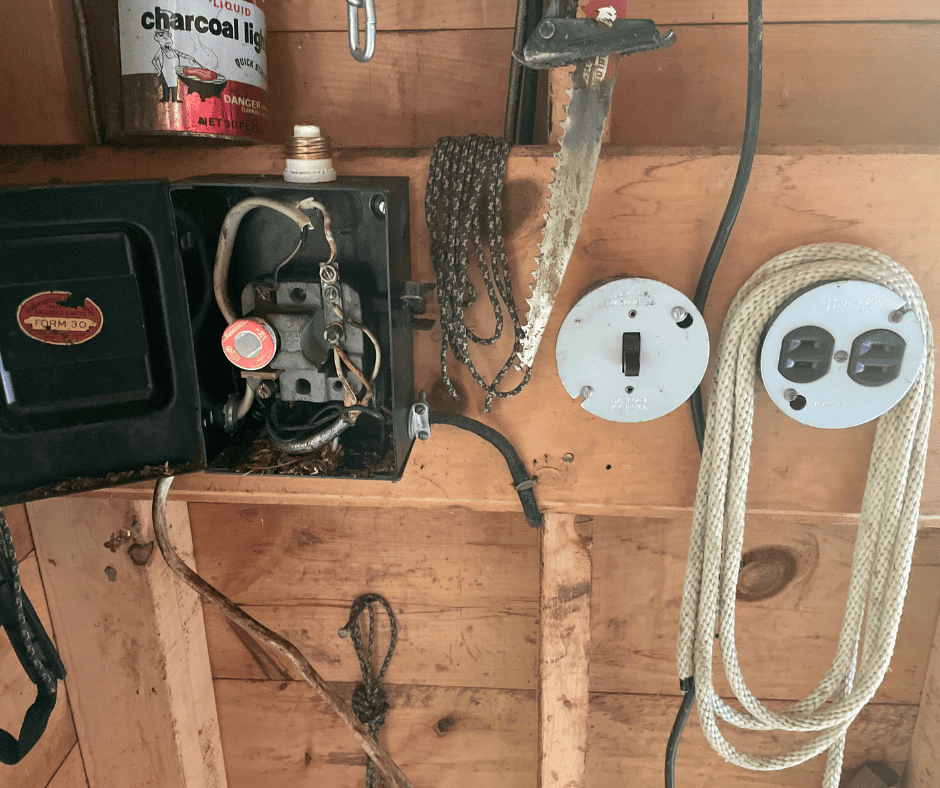So, you’re thinking of getting into the contracting business and wondering where and how to get started, so you best know the difference between contractors vs. subcontractors. There are so many things to consider, it’s mind blowing. But first, to ensure you have the best chance of success for your business, you must understand the difference between contractors and subcontractors in the construction industry and what role you want to play.
My post is to help those subcontractors who want more control over their projects and business transactions. It goes beyond a simple description centered on project management and budgetary concerns but more on personal experience in the industry.
This post is for you if you are a subcontractor who has already decided to enter the construction industry as a subcontractor, good luck… Or if you are thinking about doing so… Please don’t… Be sure to checkout my post on How To Become a Successful Subcontractor.
Project Bidding
How surprising is it when you submit bids for projects only to learn that the same prime contractor you gave the winning bid, and they got the project, is now looking for buy prices?
Have you ever helped a contractor win a project by offering value engineering, only to find yourself up against other subcontractors based on your value-engineered ideas? Doesn’t that just piss you off!
Well, there you go! These are not just hypothetical situations. They actually happen often. These are the difficult situations subcontractor deal with regularly and why you need to know the difference between contractors vs. subcontractors.
Getting Paid
How about getting paid… What, you think payment is made on time and fairly? Hmm, think again.
If subcontractors are to be profitable and successful overall, you need to have a steady cash flow. And it takes years to build up a reserve fund from your projects to have staying power against a slow economy, a problem project, or a bad contractor.
Chasing payment from contractors can be a full-time job, and it is a problem that subcontractors frequently run up against, especially at the end of a project. How often do you find yourself in this situation? Waiting for the final payment or the retainage on a project.
Project Down Payment
Receiving a down payment or mobilization funds when a project is awarded is another financial worry for subcontractors. Getting a deposit on smaller jobs is doable sometimes, but not on larger projects. On a larger project, you may be able to invoice for mobilization to help with startup costs if you’re lucky.
Whatever your situation is when starting a project, having effective cash flow management requires that you know when to anticipate the first payment.
Contractors vs Subcontractors Agreement Terms
Make sure to read the fine print! The devil is in the details, and you can be assured the contractor knows the contract terms better than his lawyer. Always keep in mind that the contractor will always violate the terms of the contract but insist on you as the subcontractor to abide by the terms, and in some instances, demand you comply with terms not even in the contract. I know it sounds crazy!
So, before submitting a bid for a project, carefully read the conditions of the contractor’s contract and everything in any other agreements for the job so you’ll know what to expect.
You may want to think about the pricing of a project not just on the site conditions, the economy, and how bad you want the job but also on how the contract terms read. The bidding process, contractors vs. subcontractors, is very different.
You want to keep positive project relations with your contractor and avoid potentially tense interactions with them, so it is important to understand the contractual conditions and negotiate them before accepting the project for a bid even. Subcontractors need to be cautious of clauses that limit or are one-sided. Better to pass on a job than let it take you out!!!
Relationships between the Owner, Contractor, and Subcontractor
In most contracts between contractors and their customers, the owner of the project; subcontractors rarely have any rights, notably in terms of performance and financial matters. This can be a problem when there are payment issues because you have no right to know if the contractor has been paid by the owner or not on a requisition. This leaves you in the dark as to payment expectations.
Contractor vs. Subcontractor Roles
This section discusses the main differences between contractors and subcontractors and how the two work together on construction projects.
To help subcontractors succeed, we offer these insights and ideas.
Prime Contractors
The prime contractor is hired by the owner to build something for them. As you can imagine, there are many contract arrangements, so sometimes prime contractors negotiate the pricing as a management fee and sometimes provide “not to exceed” pricing in a bidding process.
The prime contractor is responsible for selecting subcontract bidders, awarding the work to subcontractors, and managing and executing the project.
The prime contractor has the closest relationship with the owner and manages all financial aspects of the project. As a result, they require greater direct control over the funds. In contrast, subcontractors connect to the project and owner through the prime contractor.
Prime Contractor Bid Process
During the bidding process, prime contractors gather subcontractor pricing in order to provide the owner with a thorough bid proposal. Subcontractors can successfully negotiate competitive bidding by being aware of this process. To boost their own profits, prime contractors frequently ask subcontractors for buy prices.
Contractors vs Subcontractors Trade Specialty
Subcontractors’ trade specialization and the particular construction projects they take on are determined by the kind of work they specialize in. To acquire projects they can staff and financially support, subcontractors must match the size and skills of the prime contractor.
Concerns of Prime Contractors When Hiring Subcontractors
When selecting subcontractors for a project, prime contractors pay close attention to their stability. They want to ensure the subcontractors can finish the job and keep a good working relationship with the owner. A subcontractor’s work ethics and professionalism have a big impact on the reputation of the prime contractor and their chances of getting more work in the future.
Subcontractor Takeaway
Subcontractors must uphold high work performance and professional standards in their dealings with prime contractors.
Subcontractors become dependable and trustworthy partners in the construction business by regularly producing excellent work and abiding by stringent safety procedures.
By maintaining strong job safety and employee conduct, regulations help subcontractors further build their reputations and land additional high-quality projects.
The subcontractor’s professional image is also enhanced by keeping lines of communication open and responding to any concerns or issues as soon as they appear.
Additionally, subcontractors are more likely to keep on top of market trends and innovations if they promote continuous improvement and invest in employee training programs.
The successful completion of projects is ensured by this dedication to excellence, which also positions subcontractors for long-term success and expansion.










